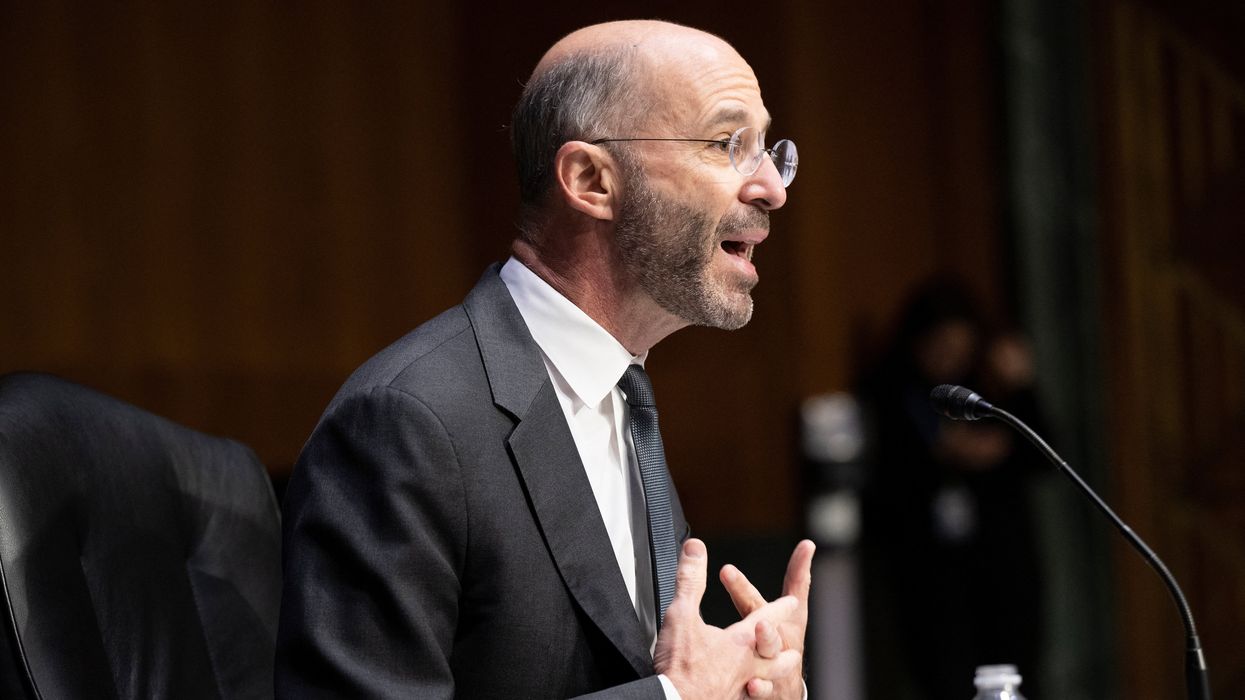Glenn opened Monday's Glenn Beck Program explaining the world is filled with many complexities, but these complexities all boil down to three simple themes:
1. Everyone wants to belong to something
2. Everyone wants to be heard
3. Everyone wants a least a little bit of control over their daily lives
Conflict,therefore, arises when those in power try to exert too much control over the masses. This cycle has repeated itself throughout history, and, as Glenn explained, in order to avoid these trappings in the future we must understand the past. Over the course of the hour, historians David Barton and Larry Schweikart took an in-depth look at various points in history in which we saw people - with various degrees of success - attempt to rise up against those in power.
The first topic of conversation was the French and American revolutions. In comparing the two revolutions, it becomes clear there is a fundamental differences in the way frustration with authority manifested itself. As a result, the American Revolution was able to succeed where the French Revolution failed.
As Barton and Schweikart explained, the American Revolution was based on upholding the rights of the individual. The Declaration of Independence clearly states: All men are created equal and endowed by their creator with certain unalienable rights.
"We start with premise that the individual is what's key here," Barton said. "We will protect your right as an individual even if you are the only one in the nation who needs that right or wants that right. They are God given rights."
On the contrary, the driving force behind the French Revolution was based on a segmented group rather than the individual.
"When you look at the French Revolution, the French Revolution started out with the desire for envy," Barton explained. "What spilt France was that you had people that wanted what other people had."
This desire did not just pertain to material goods but to the rights of individuals as well.
"One of the first things that stands out about France is that rights were based not on individuals but on groups," Barton said. "You had group rights rather than individual rights."
Because of this 'us vs. them' mentality, the French experienced a number of revolutions in quick succession. Whatever group won the first revolution became the enemy of the next revolution, and the cycle continued on and on.
What made the American Revolution so unique was that the Founding Fathers didn't actually consider it to be a revolution. As Barton explained, no one was looking for a "split" at the time, and the Founding Fathers considered the turmoil to be a "Civil War."
"They made a big distinction between being offensive and defensive," he said.
For years, the Founders sought to find common ground with the monarchy, but the more they sought to reconcile, the more Britain responded with force. It wasn't until the Olive Branch Petition was sent in 1775 and King George III responded by sending 25,000 troops to the colonies that it became clear a political solution was not possible.
When you consider current state of the United States, Barton believes we are very far from that point of no return. It is important to remember the goal was never to cause conflict but rather to stand up for rights and principles.
"They didn't want to assert something. They wanted to defend something," Barton said of the Founding Fathers. "We're at the point [today] where we want to exercise our rights, but we're looking for somebody to whack while we do it. That's the wrong mentality."
What can be dangerous - as we saw with the French Revolution - is when people become so polarized they adopt an us against them mentality and fail to find common ground.
"That is what has always characterized other revolutions. It has never ended well," Barton concluded. "Only when you stand on that common ground and refused to be moved from it… only then do you end up with a revolution that works because you are doing it on the rule of law - not on the rule of man."










